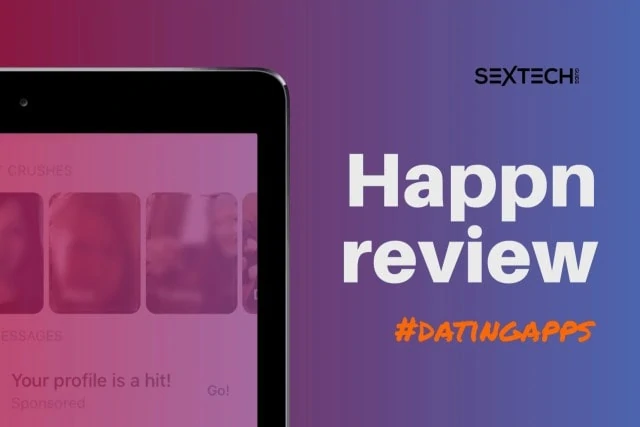Legislation has finally passed the House of Lords this week to make ‘upskirting’ a legal offence in England and Wales, punishable with a maximum prison sentence of two years. Now, all that remains is royal ascent.
This much-needed measure arrives thanks largely to the efforts of campaigner Gina Martin, who caught a man taking indecent, covert pictures of her at London’s British Summer Time music festival in July 2017. After reporting the incident to the police, Martin was staggered to learn that the shameful practice of upskirting was not already a specific offence.
Before the new law was passed offenders might, at worst, find themselves on the sex offenders register, though in practice many cases were not deemed ‘serious enough’ to warrant this.
And so began her 18-month long battle to make upskirting illegal. Martin launched an online petition which eventually garnered 50,000 signatures, went viral and achieved a good deal of media coverage.
Despite getting swift backing from Lib Dem MP Wera Hobhouse, the campaign was nearly derailed by Conservative MP Sir Christopher Chope, who scuppered the private members’ bill by uttering “object” when it was heard in Parliament.
Fortunately the PM spoke up, calling upskirting “a hideous invasion of privacy” and the Voyeurism (Offences) (No. 2) Bill was given full Government support in July 2018. Subject to Royal Assent, the law was changed this week and now, finally, comes into effect.
Since an upskirting law was already passed by the Scottish Government (as part of an update to wider voyeurism laws) back in 2010, the Government has taken its sweet time bringing in proposals for England and Wales.
Now you might be forgiven for thinking that this signals another victory for public decency. Well, maybe, but just how effective is it likely to be? Sadly the answer is ‘not terribly.’
The problem is that a prosecution can only be brought if you happen to catch the perpetrator ‘in the act.’ And of course the technology which can be used for invading privacy in this unseemly way is only getting rapidly more discrete, smaller and more affordable.
A case in point is that of Andrew Macrae. In July 2017 the former VP of ticketing company Live Nation was found to possess some 50,000 indecent images he’d taken covertly, which he’d amassed over a period of at least four years.
Macrae was only caught when an off-duty police officer happened to spot a secret camera disguised to look like a pen protruding from his laptop bag while he filmed a woman at a train station. If someone’s intent on taking covert footage of strangers it stands to reason that they’re going to be pretty careful about it right?
Gina Martin happened to catch her offenders (and bravely confront them after a chase) operating in public, perhaps emboldened by alcohol and blasé from being in a crowd situation at a big outdoor event. They were clearly being more reckless than your average upskirter.
But what chances do the many other women and children stand against more devious perpetrators who will have no doubt noted these previous high profile cases and weighed up the risks accordingly, taking all the evasive measures available to them?
While obviously welcome, this new legislation’s long and fraught journey isn’t the end of the matter – challenging as it is, if the law can’t get one step ahead of technological developments, it’ll always be playing catch-up.
Read Next: Privacy-invading camera tech is a problem that authorities will always struggle to combat









Leave a Reply